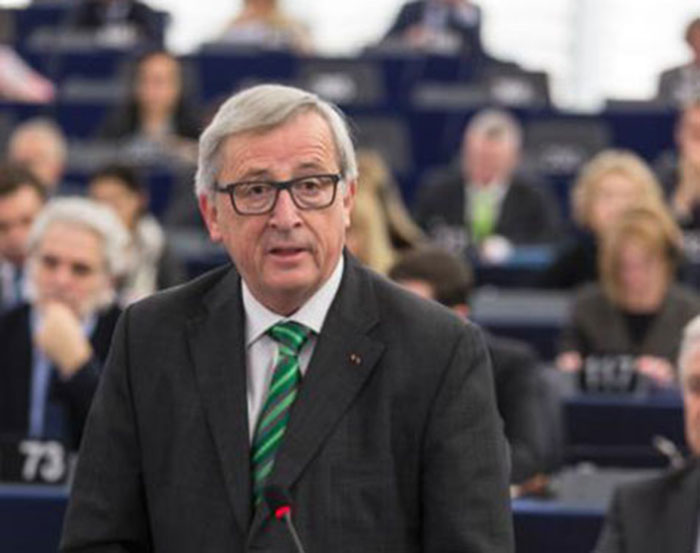“Political grandstanding” that equates refugees with terrorists only foments the hatred and disillusion that inspires those who join terrorist groups, argued many MEPs in Wednesday’s debate. Rather than allow Europe’s freedoms and tolerance to be eroded, EU countries must strive to strengthen security, by stepping up intelligence cooperation and data-sharing, and investing in the skills and technology needed to fight terrorism, MEPs urged.
European Parliament President Martin Schulz started the session by condemning the terrorist attack in Tunisia on Tuesday. “In the space of two weeks, terrorists have attacked in Beirut, in Paris, in Damascus and in Tunis, and each time there is pain. We are all concerned, but we will keep on fighting it (…) with our allies”, Mr Schulz said.
“European cooperation has to be stepped up and to evolve”, said Nicolas Schmit for the Council Presidency. Referring to the conclusions of the EU Council of Justice and Home Affairs Ministers of 20 November, Mr Schmit assured MEPs that “the EU Charter of Fundamental Rights will be a guiding principle”, when putting in place anti-terror measures.
“We stand shoulder to shoulder with the French Republic (…) The French Republic is our republic too” said European Commission President Jean-Claude Juncker. “I don’t think we should equate refugees, asylum seekers, and migrants on the one hand with terrorists on the other (…) Those who carried out these attacks in Paris are the same people who are forcing the unhappy, the unlucky of this planet, to flee”, he said.
“Our thoughts should first go to the victims and their families”, not to terrorists, said EPP group leader Manfred Weber (DE), stressing that it is „inadmissible“ to claim that refugees coming to Europe are perpetrators of terrorism – in fact, they are “victims of terrorism”. “We need to tackle PNR, make progress on Europol, data protection directive, stamping out funding for terrorism and data storage legislation”, he added, stressing the need for deeds, not just words.
S&D chair Gianni Pittella (IT), pledged that “Europe will not allow itself to be changed by terrorism.” “This must not become Europe‘s 11 September“, he warned, stressing that Europe must stand united, seize the initiative and invest in “smart” intelligence services. “We will work to reach agreement on the PNR proposal by the end of the year”, he assured.
“Our solidarity should be with the people of France, of Tunisia and with all the other victims of Daesh”, said ECR leader Syed Kamall (UK). “We must all come together to show them [terrorists] that they will not succeed”, he said adding that “If every time they attack us we erode our freedoms, there will be no freedoms left to defend”.
“Terrorists know no borders, but our police and intelligence still do”, said ALDE leader Guy Verhofstadt (BE). “If we have to choose between sovereignty and security, I would choose security”, he added. On the EU PNR proposal, he said “What we need is to have some type of obligatory exchange of information (…) a common front to defeat Daesh (…) and a European intelligence agency”.
“Let’s not repeat the mistakes of 9/11: Terror against terrorism (…) has not dried out the roots of terrorism, in Afghanistan or elsewhere”, said Gabriele Zimmer (GUE/NGL DE). For the Greens/EFA, Philippe Lamberts (BE) argued that our societies do not need generalised surveillance, but better exchange of information between national services.
Paul Nuttall (UK), speaking for the EFDD group, advocated “clamping down on Saudi Wahhabism” and abolishing free movement within the Schengen area. This was echoed by ENF leader Marine Le Pen (FR) who blamed “imposed austerity” for cuts in France’s military and police budgets.



